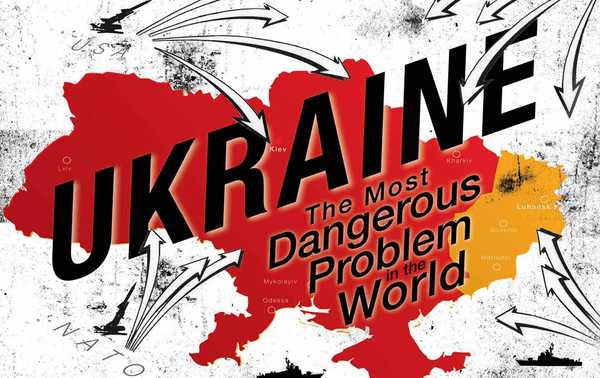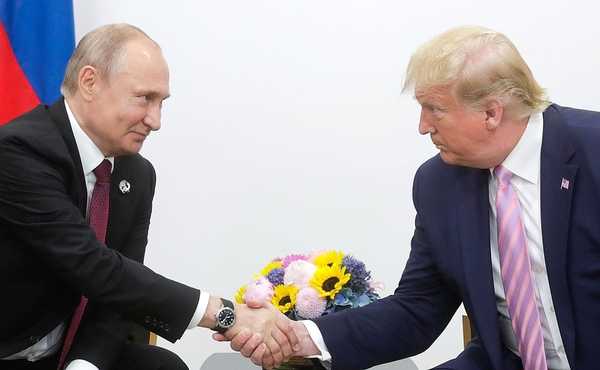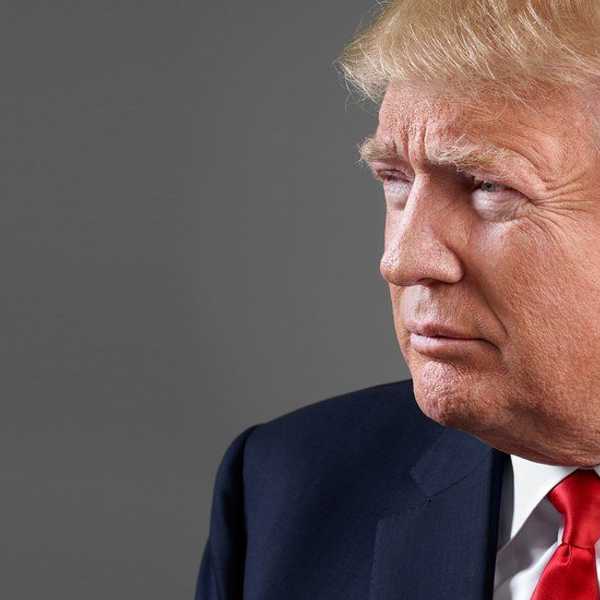Since his rise to power at the turn of the 21st century, Putin has had a choke hold on the Russian population as a political force ascending Russia to international relevance. Putin’s informal influence threatening insurgency and the strategic placement of pre approved officials running local governments lead to an established legitimacy. Taking over following an economic transition during the Yeltsin era, Putin was at the head of an eight year surge in the economy from 2000-2008, known as the “boom years,” which further increased his popularity amongst the Russian public. However, since then the economy has been mostly “stagnant.” Is this a serious threat to Putin and the current regime in power?
During the boom years Russia’s economy, like many worldwide, greatly improved. Exporting Russian oil became a lucrative source of revenue for the country resulting in a surge in imports and stimulating domestic production. The improvement in the economy and a stronger international presence appeased the Russian people, especially those who found this new regime similar to the dominant soviet one. A large amount of support and belief in the Putin regime is from those who miss and yearn for the successful days of the soviet union where Russia was a stable and internationally influential power. Putin had the benefit of replacing Yeltsin leading to an immediate and easily distinctive difference in the two regimes as far as economic success was concerned.
Following the eight year stretch of great improvement, the Russian GDP dropped a whopping 7.8 percent the following year. Though in 2010 the economy did start progressing again, the progression did not come close to the success the was observed in the previous years. Hanson describes the current state of the economy as stagnant and in the light of the international state of affairs regarding the EU and other countries, Russia’s officials seem to be on a hot seat of sorts. As of the previous election where Putin captured well over a large majority of the votes, the chokehold that United Russia and their leader have is still present.
United Russia and Putin have enjoyed a long and successful stint at the top of the government so far with minimal road bumps of any kind. It is because of this that the state of the economy and international interactions will not be the downfall of the government within the near future. Putin’s informal power is more than what is necessary to keep officials and opponents from drawing too much attention to the dramatic change in the economy. Even so, Putin has already raised Russia from the ashes and is held in high regard by those who experienced the downturn of the ‘90s; so as things are in the current stagnant economy it is hard to believe that Putin will go from a candidate who captured well over two thirds of the vote for presidency to an unpopular leader that people want to see leave office.
It can not be stressed enough how lucky Putin is to come to power directly after Yeltsin. A direct comparison only amplifies what Putin has accomplished to the point where he has built up enough achievements and accomplishments regarding the improvement of Russia to not have to worry about how a slowly progressing economy will affect his public standing. If the economy were to dip and the GDP was to take a negative adjustment, it would still have to be a very significant turn of events to truly threaten Putin and United Russia’s place in the government. WIth Putin controlling so many aspects of the political system mixed with propaganda, it is hard to see anything short of a national bankruptcy causing an uproar.





















